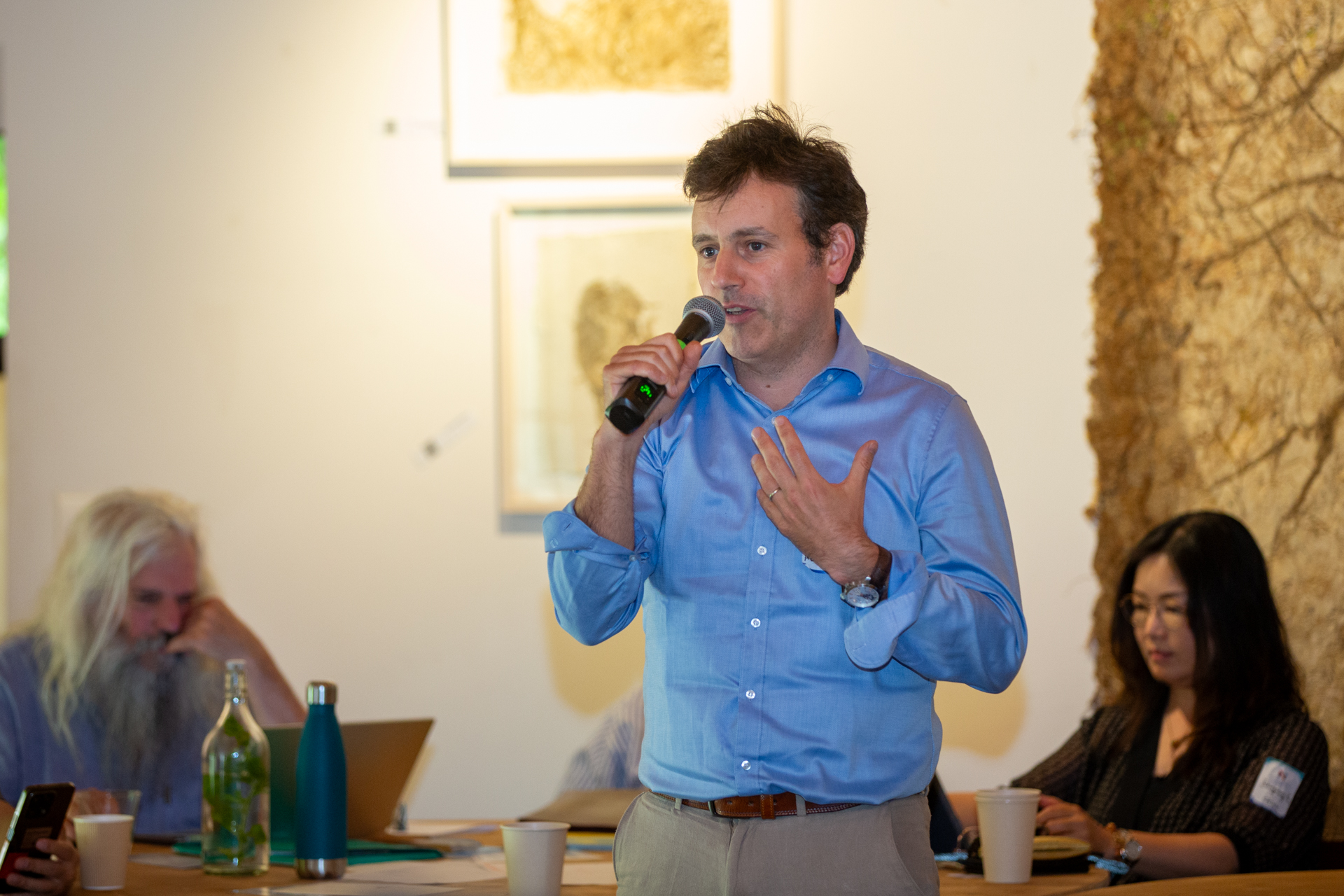
Questions about neutrality will remain at the center of Swiss politics in the years to come. While closer geopolitical Swiss cooperation with the West might bring benefits for Europe, it has its price – for Europe as well.
Since the start of Russia’s full-scale invasion of Ukraine in February 2022 the neutrality debate has been front and center in Swiss politics. Many especially in the Swiss foreign and security policy establishment argue that greater flexibility is needed in the interpretation of neutrality in the new geopolitical environment where fundamental rules of international order are violated and Swiss security is increasingly tied to Switzerland’s closest partners in the EU and NATO. Others are convinced Switzerland should stick to its historical traditions and adhere to a strict concept of permanent and armed neutrality. Though a small minority, some would combine the concept of Swiss neutrality with pacifism. One thing is for sure: it shall be up to the Swiss to formulate their path forward in the new era.
However, whenever the question of Swiss neutrality is raised it is often viewed as a given that EU and NATO interests would call for Switzerland to be more closely aligned with the policies of the West, leading to a more flexible interpretation of neutrality. The defence of fundamental international norms, Western political unity and Switzerland’s political, economic and security dependence on its closest Western partners are at the center of these deliberations. However, the pros and cons of Swiss neutrality are not as straight forward from a European perspective.
On the one hand, obviously Switzerland’s global political standing as model democracy and a reliable partner as well as its considerable economic weight contributes to the strength of any common Western or European policy Switzerland contributes to. At the same time, as the World becomes more multipolar and less Western centric, Europe might also suffer some losses if the credibility of Swiss neutrality is questioned globally.
Anyone familiar with international diplomacy would acknowledge that good offices, mediation and hosting diplomatic activities and international organizations have benefits well beyond prestige: accessing information, pursuit of self-interest as a quid pro quo for diplomatic services, contributing to agenda setting, the economic benefits if hosting international organizations and relevant industries to name the most important aspects. International Geneva is the best example of such a politically and economically lucrative model. While obviously Switzerland is the prime beneficiary of Switzerland’s role as a hub for international organizations thanks to a large part to its neutrality, Europe also has a stake here.
Switzerland is obviously an European country, and any high stakes international negotiations that take place in Switzerland or international organization that resides in Switzerland is in Europe. Providing a platform for high-profile diplomatic events always have a symbolic meaning, raising the prestige of the host country by signaling international weight and relevance. It would definitely have a negative message if negotiations about major questions of European security – like the Ukraine war – would take place outside of Europe. No wonder why French President Emmanuel Macron was quick to lobby for Geneva as a potential venue for a possible third round of high-level summit after the Alaska and Washington meetings, and why most European leaders were frustrated with the optics of the US-Russia summit in Alaska.
Secondly, Europeans have way more ability to coordinate or exchange information on any international issue with Switzerland, a close European partner in all aspects of international affairs, than with countries such as Qatar or Saudi Arabia for instance.
Thirdly, neutrality is a major factor in attracting international organizations. European experts are much more likely to get key positions in international organizations based in Switzerland than in international organizations located in other continents. Informal communications and networks are not to be disregarded in the world of diplomacy. Hence, the balance of the pros and cons of Swiss neutrality from a European perspective is mixed to say the least.
The debate about Swiss neutrality would continue be at the center of politics in Switzerland, and relevant external actors, including European capitals and Brussels certainly have their preferences. As the Swiss foreign policy community and the country’s citizens consider the pros and cons of their options, it’s worth to approach the question with a comprehensive outlook beyond the noise of daily politics.
Gergely Varga is a security policy expert with a focus on European security and transatlantic affairs. He is currently a Hungarian diplomat based in Bern.
